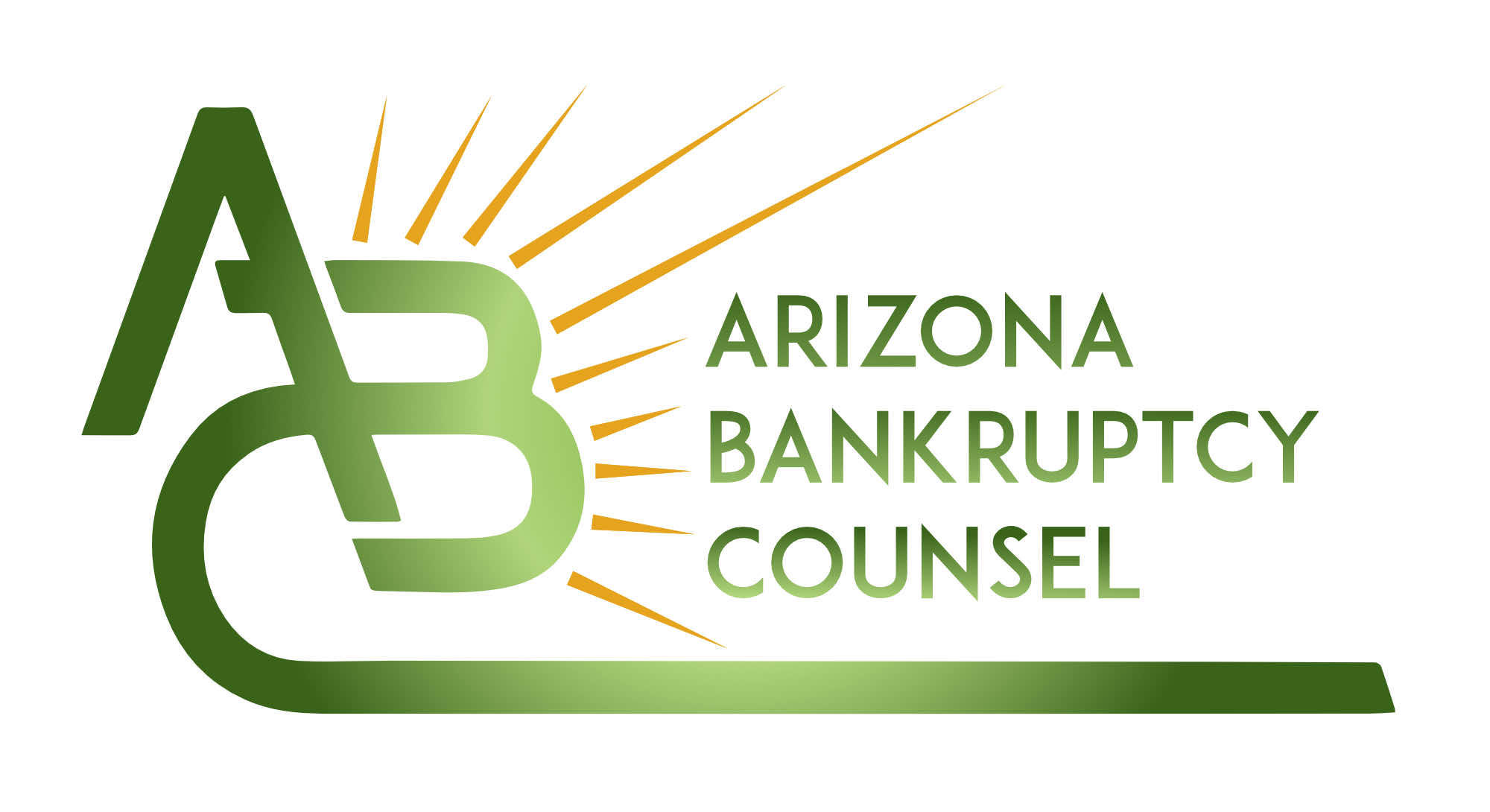Many people have asked me, “What do I do if my wages are garnished?” If a creditor garnishes your wages, there are some simple steps you can take to protect your rights.
Were you expecting a wage garnishment?
First, a wage garnishment is not supposed to come as a surprise. Well before the wage garnishment began, the creditor should have served you with a summons and complaint, and later served follow-up papers indicating that the creditor would seek a judgment against you. If it is a surprise, the garnishment might not be valid.
Second, make sure you promptly receive papers explaining the garnishment of your wages. If you have not received the papers, the creditor and your employer should have copies.
Third, review these papers to find out exactly why the creditor has garnished your wages. They should identify the judgment against you, the court that issued the judgment, the creditor who obtained the judgment, the person the judgment was against, and the amount owed on the judgment. This is especially important if the wage garnishment was a surprise, but you should keep and review the papers even if you were expecting it.
Is the judgment against you valid?
Fourth, you need to determine whether the judgment is valid. This means the court that issued it must have had the power to issue that kind of judgment and to issue it against you, and that the creditor must have given you valid notice of the lawsuit. If any of these requirements was not met, you can challenge the garnishment and move to set aside the judgment because it is void.
Fifth, you need to decide whether you have other good reasons to set aside the judgment. For example, you may have had valid defenses to the lawsuit, and may not have learned about the lawsuit, even if the creditor followed the technical rules for providing notice. In that case, you should file a motion promptly to set aside the judgment.
If it is a valid judgment, what should you do?
Sixth, you should consider which option best fits your situation. Your options may include: challenging the judgment and the wage garnishment, leaving them in place, negotiating an agreement with the creditor, or filing bankruptcy.
Finally, you should act quickly. Some of your rights will disappear if you do not act promptly.
Please feel free to contact me online, by phone at 480-639-6719 or by email to [email protected], for a free 30 minute consultation to discuss these options in more detail and to identify the solution that best fits your situation.

